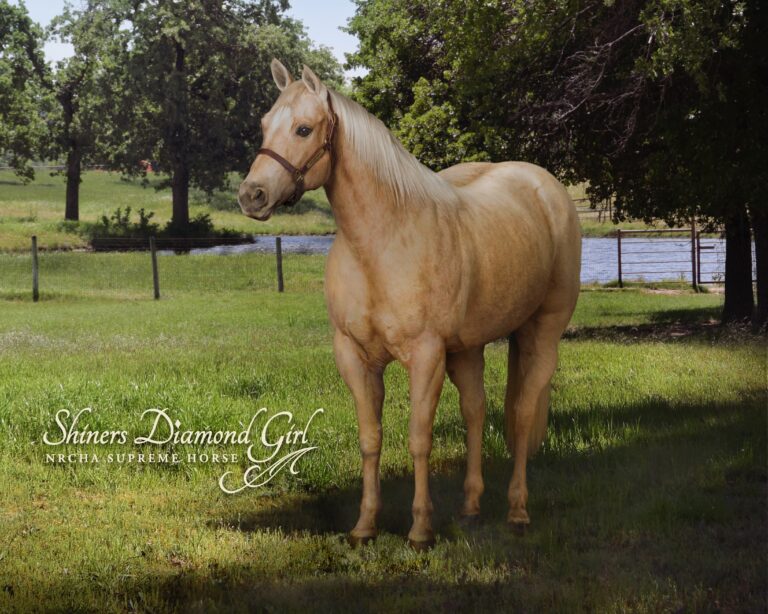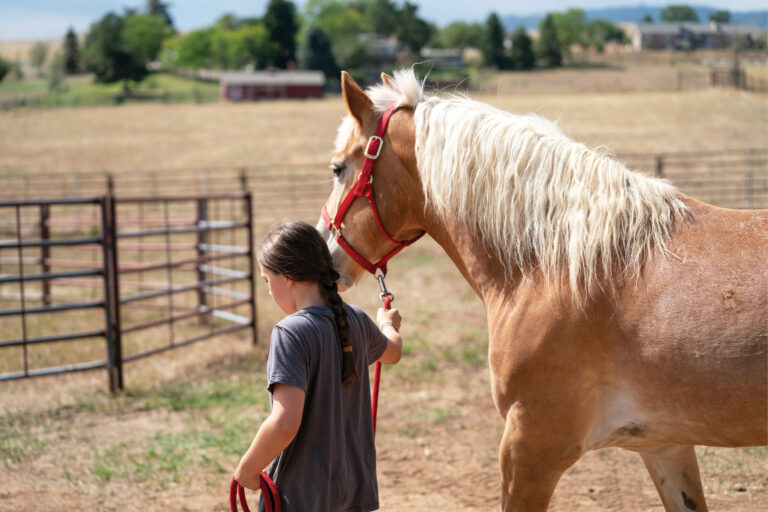My healthy 3-year-old mare needed to have emergency colic surgery for a colon volvulus. Acting fast is what essentially saved her life, and as I write this column, she continues to improve a little bit each day.

Planning Ahead
Several years ago, Barb Crabbe, DVM, wrote a piece for us called “Colic Surgery: Yes or No.” Within that article she talks about the importance of having a plan put into place so that if you ever get the dreaded call that your horse has colic, you can go into action immediately, and not waste precious minutes.
From the day I purchased Keira, I put a plan into place to prepare me if I ever had to make that difficult decision. The first thing I did was look into insurance. Then I put her on Platinum Performance’s Colic Coverage program. With the help of those two things, colic surgery expenses weren’t nearly as terrifying as they would have been on their own.
Knowing Your Horse
Without a doubt, I think one of the main reasons my mare is still alive today is because I can read her body language. I’ve owned her since she was a yearling. Throughout the last year and a half, I’ve paid attention to how she acts in every part of her life. How she behaves in her stall when she’s eating, when she’s sleeping, when she’s standing on the cross ties, when she’s being saddled. All those things helped me determine that my horse was in enough pain that we needed to get her to a hospital immediately.
Having a Team
‘It takes a village’ is a saying you hear often in this industry, and it’s the truth. Without the help of my team, I wouldn’t have been able to get my mare to the clinic as quickly as I did. I’m lucky to have barn owners who stay on high alert. When they saw my mare go down, they called me immediately.
As I headed to the barn, I gave my vet a call and let him know to meet me there as quickly as he could. When I got to the barn, Keira was extremely uncomfortable. My instincts kicked in, and I immediately asked someone to hook up the truck and trailer and bring it down to the barn. Then I continued to walk her until my vet got there.
Once he arrived, the first words that came out of my mouth were, “This horse is a candidate for surgery.” Giving him the heads-up helped us come up with the appropriate plan. She continued to decline at the barn, and then I finally made the call and said we were done. My team helped me load her into the trailer and prep her for the haul to the hospital.
Getting to the Hospital
I’m lucky to live extremely close to Littleton Equine Medical Center. The 15 minutes it took to get to the clinic were the longest minutes of my life. But, as we pulled into the clinic, we were met by a team or doctors, surgeons, and techs ready to take action. My mare was lying down in the trailer in obvious pain when we opened the doors. At that moment I knew she would be having surgery.
I’m extremely thankful the surgery went well. After she transitioned to ICU, I had a chance to speak with the surgeon. The surgeon said a big reason she was alive was because I was able to make the call on doing surgery so quickly. The chances for complications go up the longer you wait.
The Aftermath
The 11 days my mare spent in the ICU were filled with highs and lows. And honestly, many tears on my end. But at the end of the day, I’m so thankful to be so close to such a wonderful clinic, that’s staffed with some of the best veterinarians in the country.
I wish I knew what caused this kind of colic, but it seems to be a mystery to even the professionals who deal with these cases daily.
We still have an extremely long road to recovery and are by no means out of the woods yet. But, each day gets a little better. This mare proved to me she would fight for her life, and I’m going to be there every step of the way to make sure that she can come back even better and stronger than she did before.
While I hope each of you who reads this never has to go through what I went through, this story is a good reminder to have a plan in place on what you’re going to do in an emergency (like colic). You don’t want to waste precious minutes debating the pros and cons of surgery when an emergency like that happens.






